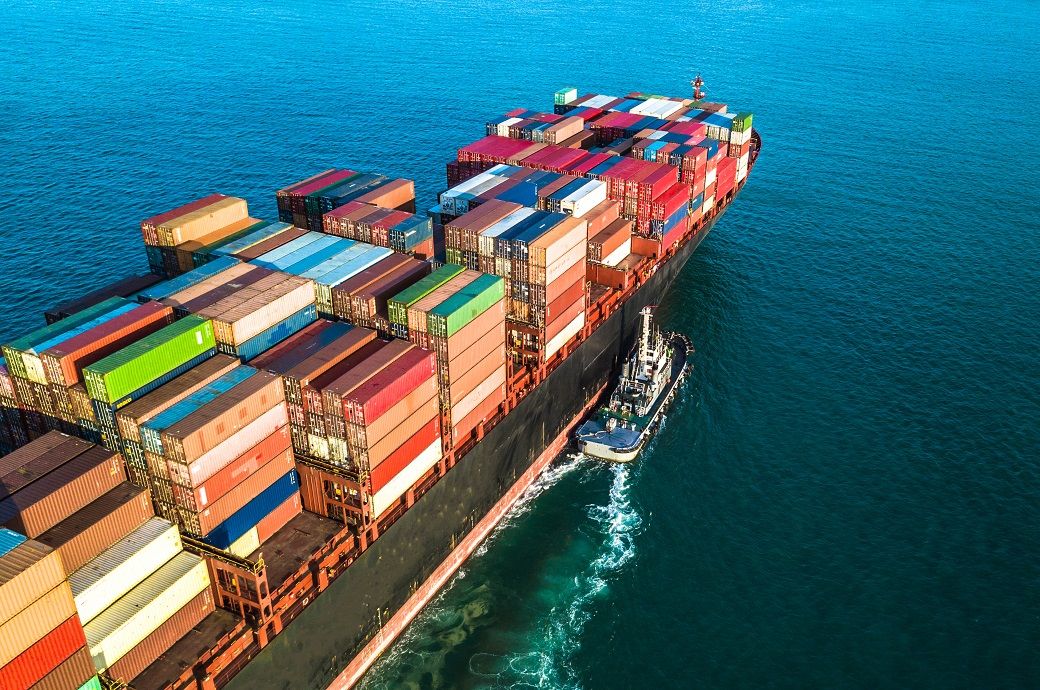
For many years the fastest growing segment was containerised trade, for which growth in 2022 is projected to be a tepid 1.2 per cent, before marginally picking up to 1.9 per cent in 2023, according to a report titled Review of Maritime Transport by UNCTAD.
The projected deceleration is a consequence not just of pandemic-induced lockdowns, but also of strong macroeconomic headwinds combined with a weakening in China’s economy. In addition, faced with rising inflation and living costs, consumers are spending less, while to some extent switching expenditure from goods to services.
Moreover, global container ships spent 13.7 per cent longer in ports in 2021 compared to 2020, exacerbating delays and shortages. COVID-19 and the war in Ukraine have disrupted major shipping routes and supply chains. With ships carrying over 80 per cent of global trade volume, higher shipping costs and lower maritime connectivity lead to higher inflation and interruptions of supply chains.
Confronted with uncertainty, ship owners have delayed some new building orders, and the average age of the world container ship fleet has increased from 10.3 to 13.7 years. The Review recommends a transparent multilateral framework for the decarbonisation of maritime transport, to reduce uncertainty for policy makers and industry alike.
Fibre2Fashion News Desk (NB)